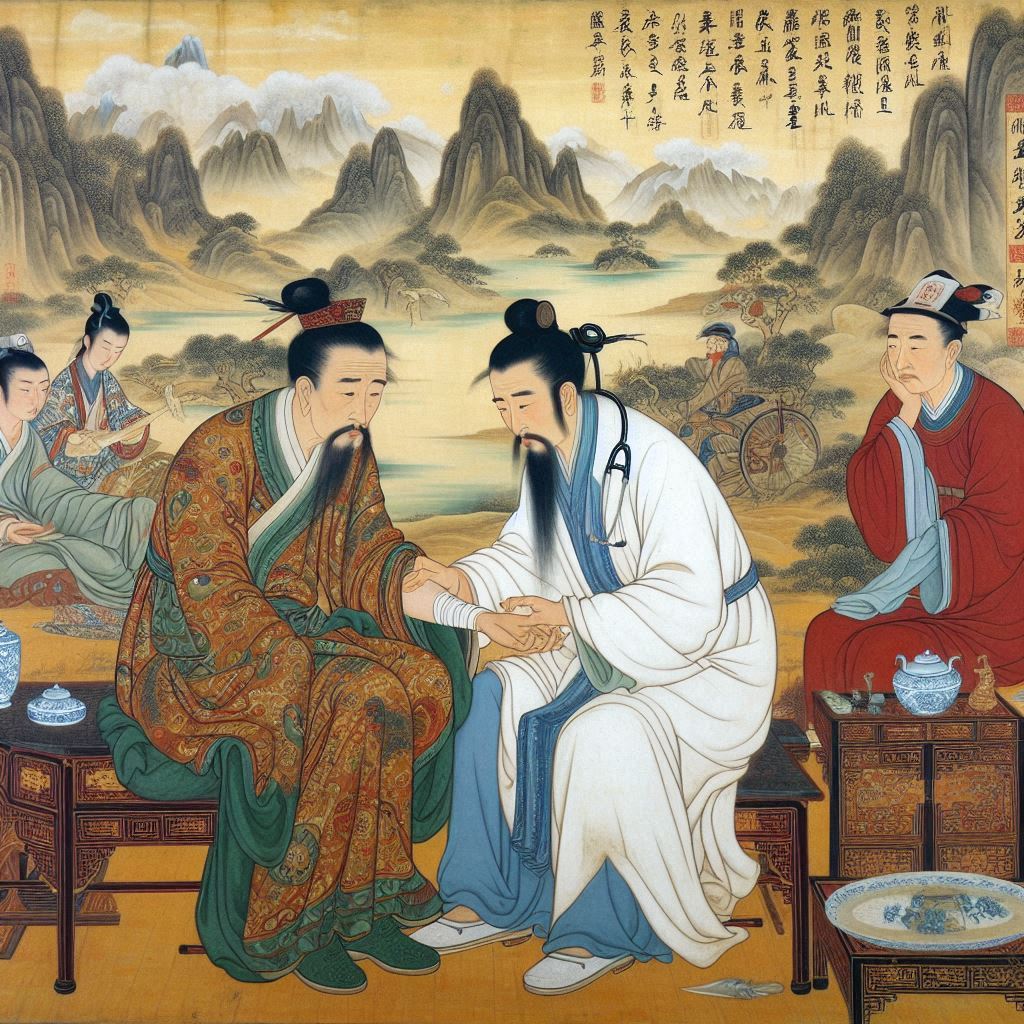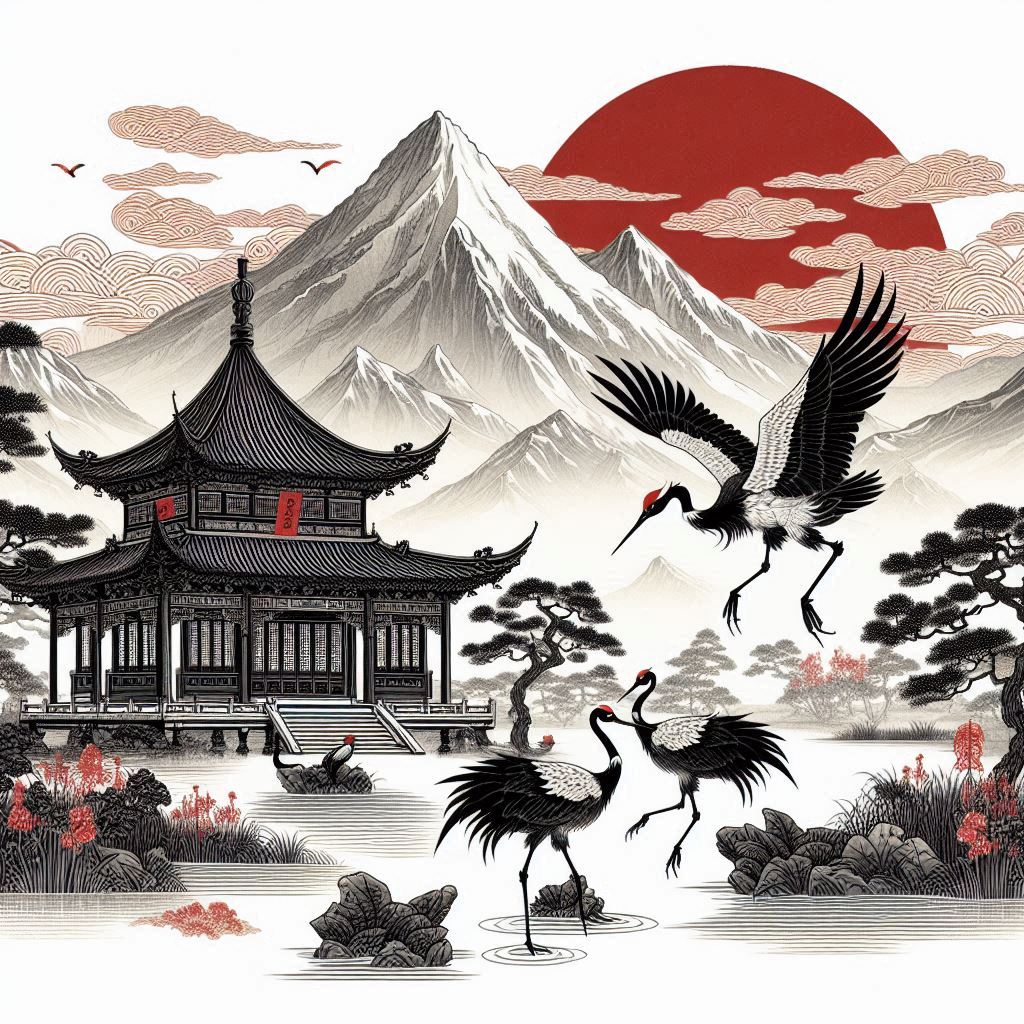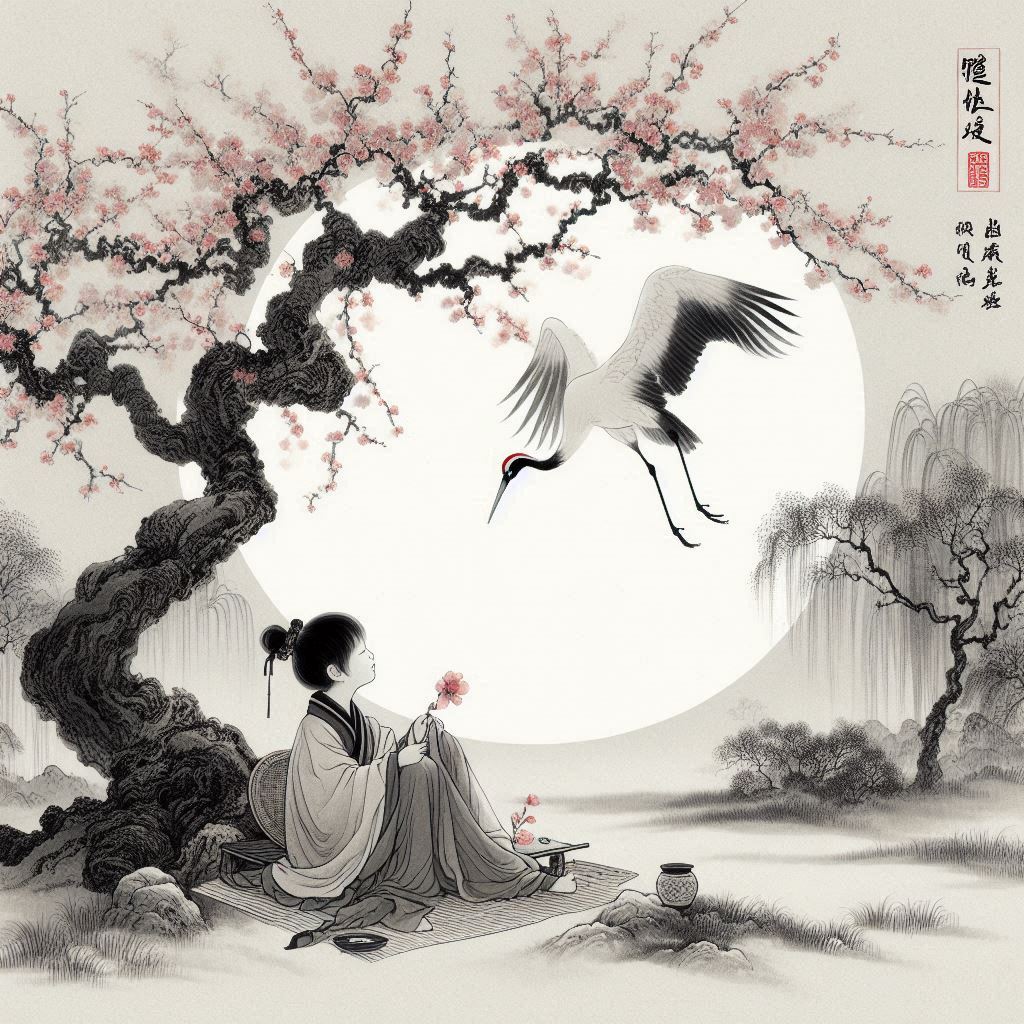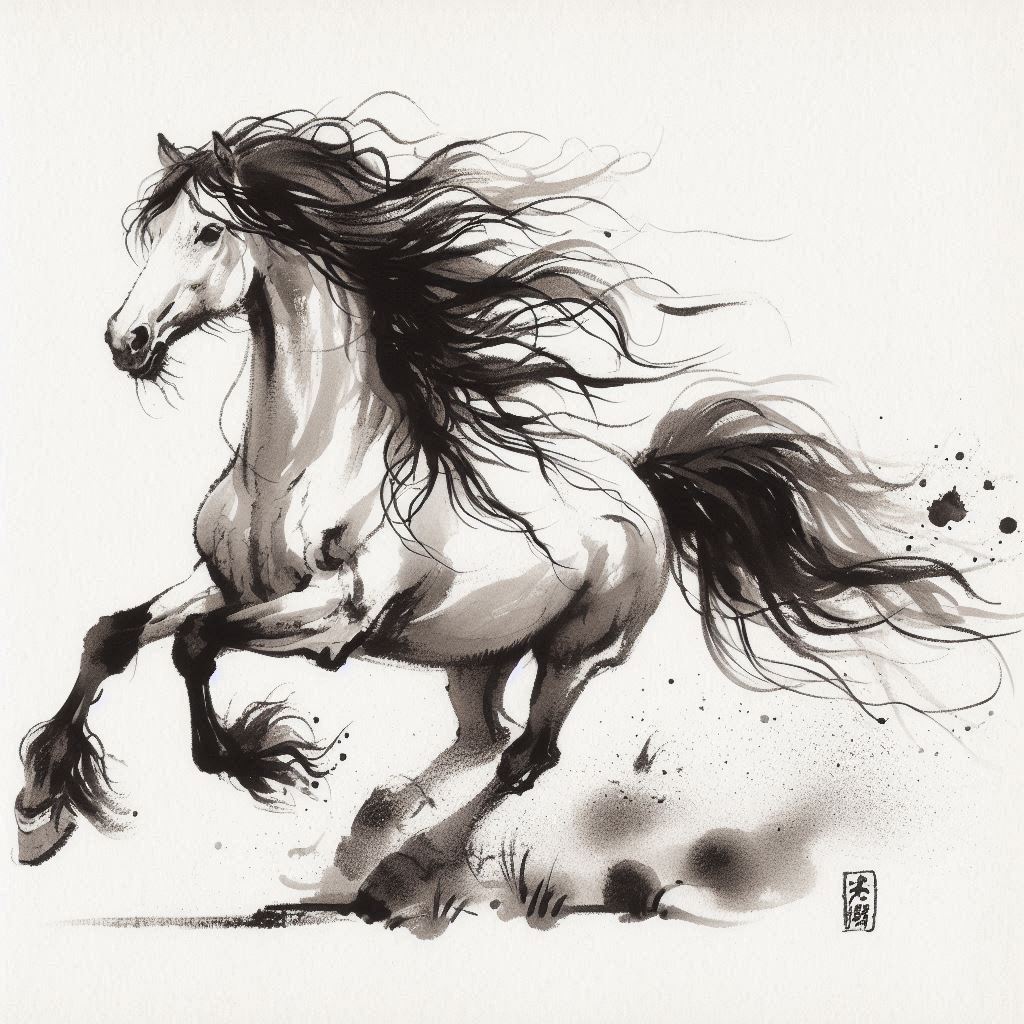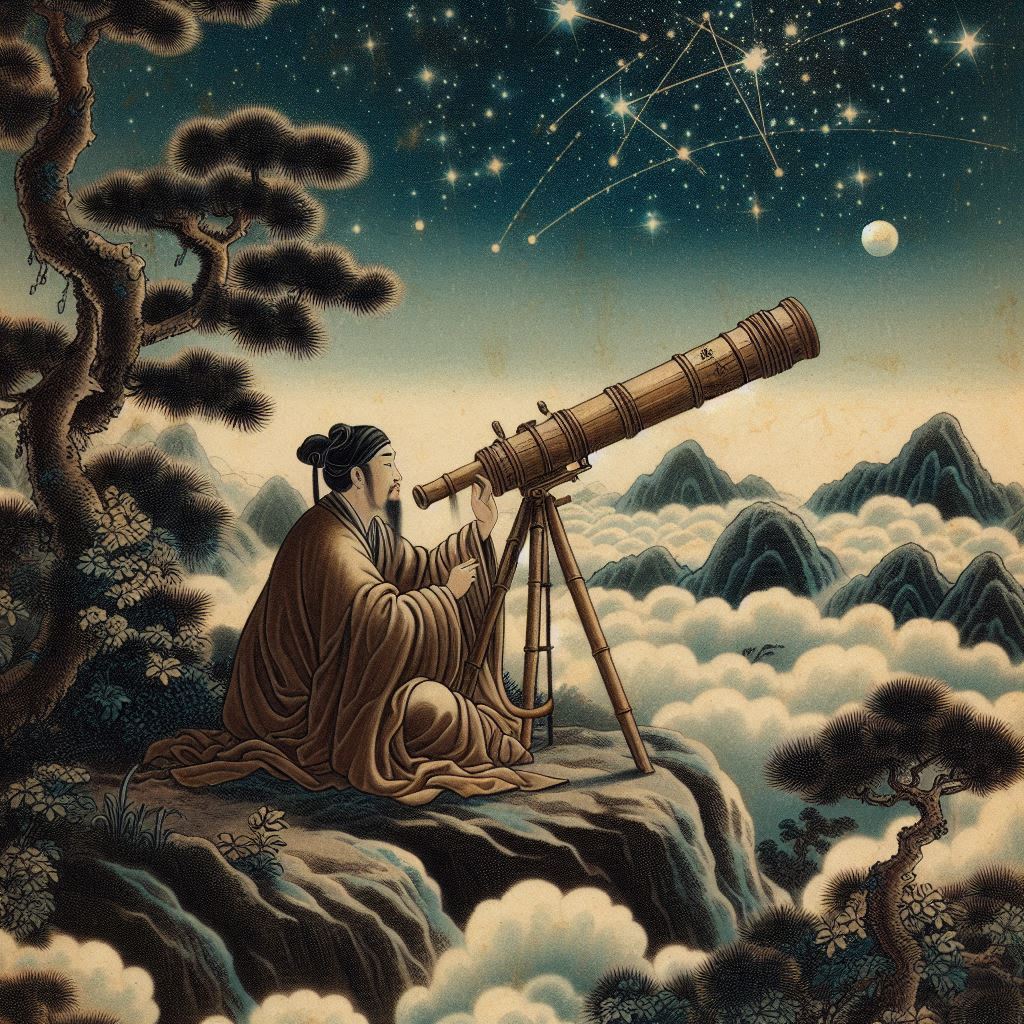Cause
- over-consumption of fatty, greasy, and high in cholesterol foods
- over-consumption of alcohol and other toxins
- chronic stress
- unresolved anger
- Yin deficiency
The Liver is the cleansing laboratory of the body. Over-consumption of fatty, greasy, and high in cholesterol foods blocks the normal functioning of the Liver. In traditional Chinese medicine long-term blockage and stagnation leads to the "generation of heat".
Imagine you are stuck in traffic. Even if you are a patient person you will eventually get irritated. Your face will turn red, you will start feeling hot, even start sweating. This is a visual example how stagnation (the traffic, the lack of movement) leads to the generation of "heat". Thus long term stagnation of Liver Qi will eventually lead to "heat in the Liver".
Besides poor diet "Liver Qi stagnation" is caused by chronic stress or unresolved anger(1). Therefore long term stress and anger lead to "heat in the Liver".
Over-consumption of alcohol and other toxins, which are all heating in nature, also accumulates "heat in the Liver"(1).
The last cause for "heat in the Liver" is called Liver Yin deficiency. To understand it we need to quickly review the concept of Yin and Yang in traditional Chinese medicine.
Since Yang in nature represents activity, light, warmth it logically represents function/warming faculty in the human body. Since Yin in nature represents rest, quiet, slowness, in the human body it translates to structure, substance, matter. In other words Yin represents blood, body fluids and matter, while Yang is the force that brings them to life(2).
There is good health when Yin and Yang are in balance. When there is deficiency of Yang, Yin instantly becomes excessive and vice versa – when there is deficiency of Yin, Yang becomes excessive. Yang deficiency manifests in coldness, lethargy, overflow as there is "deficiency of warmth and energy" which struggles to contain the matter. And vice versa - when there is Yin deficiency the warming principle of the body (Yang) becomes excessive which in time will lead to accumulation of heat(2). Thus Liver Yin deficiency leads to accumulation of heat.
The main cause for Liver Yin deficiency are the Kidneys. The Kidneys are the root source of Yin and Yang in the body. Deficient Kidney Yin cannot nourish the Liver, leading to deficient Liver Yin (in Five Elements theory Water element-Kidneys cannot supplement element Wood-Liver).
If you want to learn more about the Liver and its functions from the perspective of traditional Chinese medicine you can read the material "The Liver in Traditional Chinese medicine" in the Physiology chapter.
Symptoms
- anger
- restlessness
- headache
- dizziness
- ringing in the ears (high pitch)
- Yin deficiency symptoms - nervousness, irritability, dry eyes
- Liver Fire symptoms - explosive anger, migraines, high blood pressure, red inflamed eyes/bleeding
- heat transformed into Wind - tremor of the limbs (Parkinson’s disease), convulsions, rigidity and arching of the back and neck, deviation of the eye and mouth, paralysis of the body or tongue
General Yin deficiency symptoms manifest in heat signs such as thirst, night sweats, hot palms and soles, and also dryness. Symptoms of Liver Yin deficiency are burning pain in the hypochondrium (where the Liver is located) (4) and dry eyes(1)(4) (in TCM the eyes are the sense organ the Liver opens up to).
General "excess heat" symptoms manifest in major heat signs such as thirst for icy cold drinks, aversion to heat, redness. "Excess heat" symptoms pertaining specifically to the Liver are red inflamed eyes(4), ringing in the ears like the sound of waves(3), explosive anger(the emotion of the Liver), migraines, high blood pressure.
Since the quality of the heat is to rise upwards it usually manifests in the upper part of the body. A typical symptom of “heat in the Liver” is headache. The typical "Liver heat" headache is with pain on the bilateral sides of the head or with pain on the top of the head. There may be also dizziness(3).
In severe cases or when untreated the heat may transform into "Fire". In that case there will be bleeding – nose bleed, spitting up blood and/or vomiting of blood(1)(3)(4).
If the heat still remains untreated it will become so intense and moving that it will transform into what is called “internal Wind”. The symptoms of "internal Wind" are manifested either by intense movement in the form of tremors and convulsions, or by lack of any movement - rigidity and paralysis(1). Symptoms of "Liver Wind" are tremor of the limbs (as in Parkinson’s disease) and convulsions but also rigidity of the neck(3)(4), arching of the back and neck, deviation of the eye and mouth, paralysis of the body or tongue(1). Other symptoms include severe dizziness, sudden unconsciousness(1)(4), severe vertigo tending to fall forwards(4).
Treatment Approaches
To treat "Liver heat" (and that includes "Liver Fire" and "Liver Wind") both the symptom and the cause of the disease must be addressed. To do that the heat in the Liver needs to be cooled while substance (Yin) needs to be build in order to restrain the excess heat energy. Selecting cooling and “matter building” foods and herbs is the way to approach this disharmony.
To unlock the rest of this article select "Yes, I want to learn!" below.
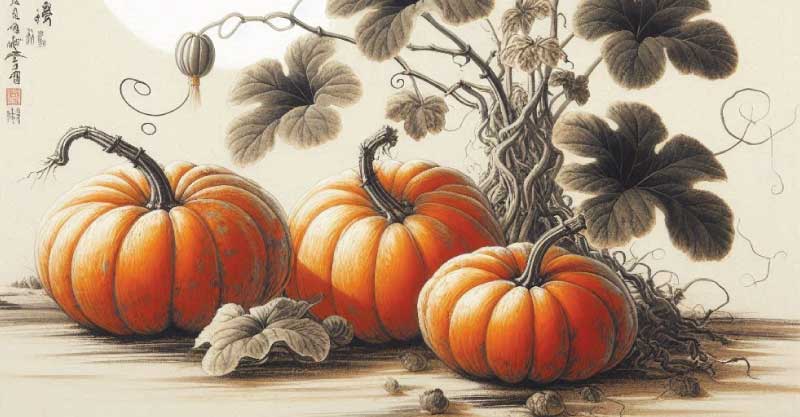
Food therapy is the most economical and non-toxic biochemical approach to health and disease. Food is something we continuously use to sustain our lives. Learning what foods are healing (and what disruptive) for each condition has the potential to convert every meal into a form of therapy.
YS
(1) Maciocia, Giovanni (1989). The Foundations of Chinese Medicine. Edinburgh: Harcourt Publishers Limited
(2) Zhang, Enqin (1990). Basic Theory of Traditional Chinese Medicine. Shanghai: Publishing House of Shanghai College of Traditional Chinese Medicine
(3) Deng Liangye, Gan Yijun, He Shuhui, Ji Xiaoping, Li Yang, Wang Rufen, Wang Wenjing, Wang Xuetai, Xu Hengze, Xue Xuiling, Yuan Jiuling (1987). Chinese Acupuncture and Moxibustion. China: Foreign Languages Press
(4) Yang Weiyi, Meng Fanyi, Jiang Yuanan(2002). Diagnostics of Traditional Chinese Medicine. Beijing: Beijing University of Chinese Medicine and Pharmacology
(5) Pitchford, Paul (2002). Healing with Whole Foods. Berkeley: North Atlantic Books
Related Articles:
The Liver, the season spring, and spring foods that cleanse the Liver
Herbs that cool the blood and benefit Heat in the Liver
Liver Qi Stagnation
Herbs that regulate the Qi and benefit Liver Qi stagnation
Herbs that tonify the blood and benefit Liver Blood deficiency
Please read our Disclaimer

